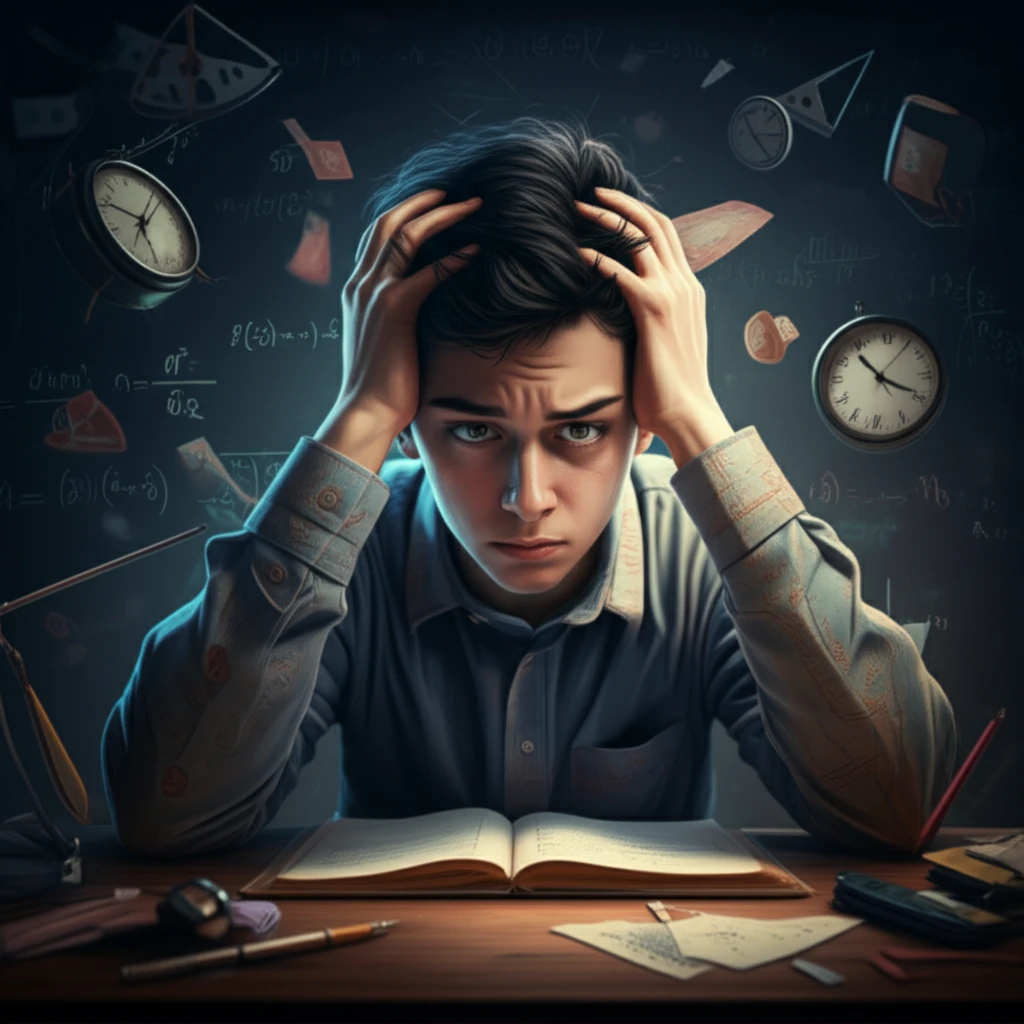
Unlock Your Physics Potential: How Emotions and Thinking Shape Learning
"Discover how your feelings and thought processes impact your physics studies, and strategies to boost your success."
Physics is often seen as a difficult subject, creating challenges for both students and teachers. But what if the key to unlocking physics understanding lies not just in textbooks, but also in our feelings and how we think about learning? Recent research explores how students' perceptions of their physics learning are intertwined with their cognitive, emotional, and metacognitive processes – essentially, how we think about our own thinking and feeling.
This article delves into these findings, revealing how your emotions and thought processes directly impact your physics learning experience. By understanding this connection, you can identify and address the hidden obstacles holding you back.
We'll explore how students' feelings and metacognitive awareness (their understanding of their own learning) influence their success in physics, and offer practical insights to improve your learning journey.
The Emotional Landscape of Physics Learning

According to the sociocultural theory of Lev Vygotsky, learning isn't just about absorbing facts; it's a deeply social and emotional experience. How you feel about a subject significantly impacts your ability to learn it. If you approach physics with anxiety or frustration, it can create a barrier to understanding.
- Positive emotions ease the effort involved in learning.
- Positive emotions boost interest and enjoyment.
- Positive emotions support future engagement with similar tasks.
Turning Insights into Action: Your Physics Learning Toolkit
The study reveals a crucial insight: students often attribute their physics successes to the teacher's approach and teaching methods, while blaming their failures on personal shortcomings. This highlights the need to shift the focus from solely individual responsibility to recognizing the powerful influence of the learning environment.
To cultivate a more effective learning environment, teachers and students can embrace metacognitive strategies. It is important to implement these strategies: foster self-reflection, encourage collaboration, and promote open communication. These methods help students understand their strengths and weaknesses. Also try to promote a positive emotional connection with the subject matter.
By understanding the interplay of emotions, thinking, and learning, you can unlock your physics potential and achieve greater success. Embrace self-awareness, cultivate positive relationships, and remember that your emotional landscape plays a vital role in your learning journey.
